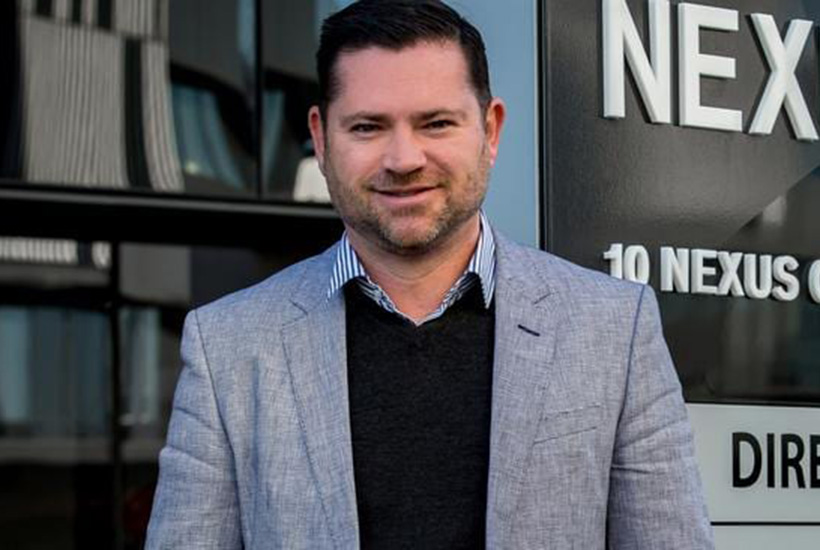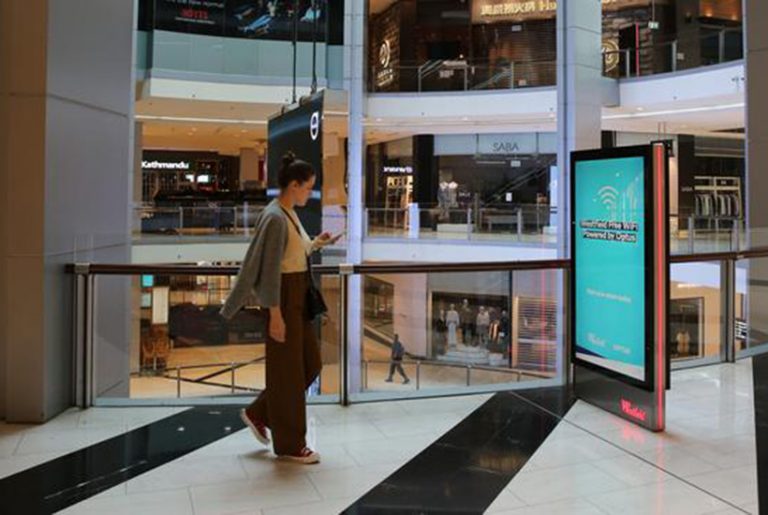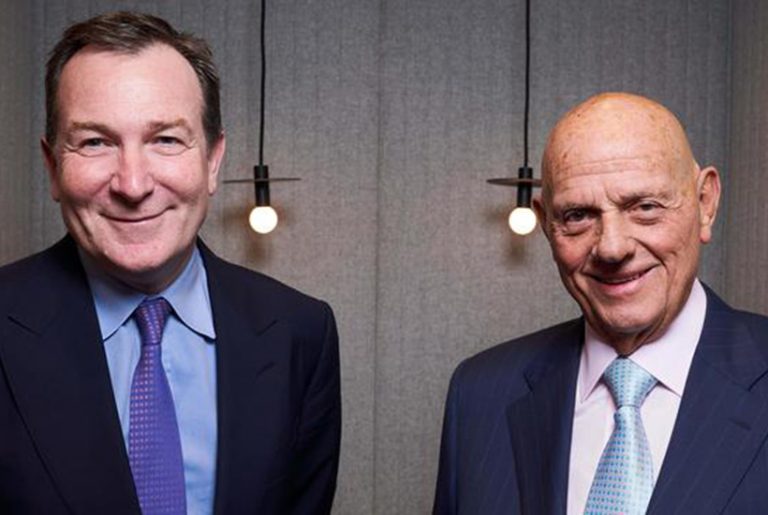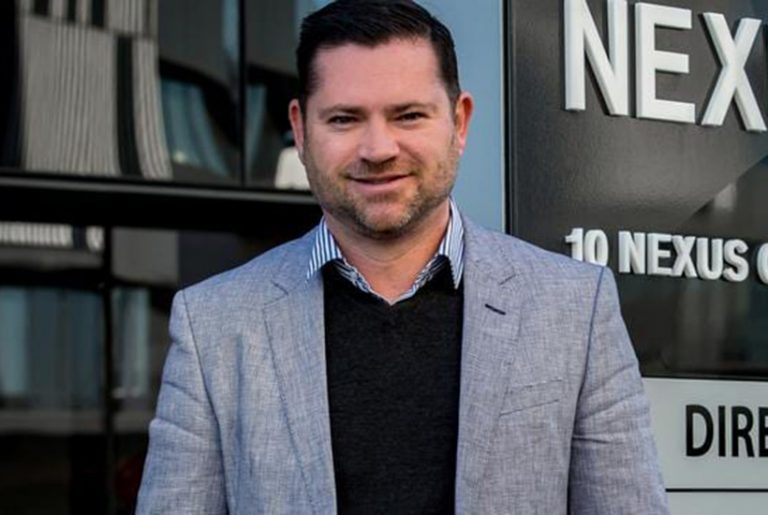Property developers have stepped up calls for the Victorian government to move quickly to stimulate building projects or risk the state’s key growth engine stalling.
The calls come as business leaders have urged the Andrews government to provide more clarity on the road map to an economic recovery, amid concerns that many retail sites and shopping centres in the state will end up vacant with the prospect of an extended lockdown.
Retailers are also seeking talks with the government to speed the opening of more stores in shopping centres and in major strips to lessen the damage.
Salta Properties, which has a wide range of commercial and residential projects under way after deciding to not slow operations during the pandemic, says there had been a “material impact” on building.
Managing director Sam Tarascio Jr said that when lockdowns were first imposed in March the company had thought that stoppages would only last two or three months and would then improve. But the mood had changed as restrictions were extended.
“Now we are six months further into lockdown and people don’t have the same positive outlook that they might have had at the start,” Tarascio told The Australian.
NAB’s latest monthly business survey shows the national corporate confidence index lifted by 6 points in August to minus-8, after slumping by 14 points in July.
Still, economists are worried that the extended lockdown in Melbourne and painstakingly cautious plan for reopening will tip what had been temporary business closures and worker stand-downs into bankruptcies and permanent job losses.
Tarascio praised the Andrews government for fast-tracking more than $2bn of projects to get them activated and ready to go once conditions have improved.
But he called out the lack of information about plans for state-based stimulus and economic support to drive business out of the crisis. While the lockdown had been extended there was no clear idea of how the post-lockdown economy would operate.
Tarascio said residential apartments were suffering badly after an earlier rough patch due to stamp duty and tighter lending standards, as well as the banking royal commission.
There was a lack of demand due to fear of large making commitments when people were unsure about jobs, and he warned there would be lags in getting developments out of the ground.
“How many projects are going to have actually gotten under way to support the recovery?” he asked. ”My concern here is that it’s going to be too few.”
Salta, owned by the billionaire Tarascio family, has kept moving and last month struck a deal with the Andrews government to jointly fund a major intermodal terminal in Melbourne’s Dandenong South that will support 1000 building jobs.
Works will start next year on what will become the city’s biggest intermodal terminal, allowing thousands more containers through the Port of Melbourne.
Tarascio said infrastructure spending was one way the government could speed recovery and he wants further details on the way out of the crisis as business needed time to plan projects.
But the slower than expected recovery in retail could hamper the state economy, with JPMorgan’s property team estimating that about 30 per cent of stores are currently trading.
Retail property companies with heavy exposure to Victoria, including Vicinity Centres and GPT, are suffering.
JPMorgan said visitor numbers at Victorian shopping malls were about 30% of this time last year and it expected the continued restrictions on trade to be a drag on sales and require further rental support for tenants.
Scentre, owner of the local Westfield empire, has a lower exposure to Victoria. It said on Wednesday it had collected 86% of rents in August but did not break down its figures on a state-by-state basis.
Retail experts said that it was taking a tough approach to collecting rents which was giving it a short-term edge over its rivals but warned of longer term pain for retailers.
The Westfield owner has also lobbied against an open-ended extension of the Morrison government’s leasing code and appears to be getting more rents.
In July, collections ran at 82% and in June they ran at 80%, well above the 28% in April.
Scentre has downplayed the need for equity raising despite falling shopping centre values pushing up its gearing. Its shares bumped up 4.1% to $2.27 on Tuesday.
Last month, the long-simmering dispute between Scentre and high-profile retailer Solomon Lew appeared to be moving to a legal confrontation that may have triggered the closure of hundreds of stores.
The move was a potential precursor to more lockouts in the wake of Scentre shutting Mosaic Brands and Strandbags out of Westfield centres. But both are now back in the centres — with reports they have struck favourable deals — and a lockout of Premier stores may not come to pass.
Macquarie analysts said Scentre’s 86% collection figure included cash received for August and rent from debtors in prior months.
“As such, it cannot be compared directly with potential upcoming metrics from listed peers,” they said.
“However, we note conditions are likely to be better for Scentre‘s rent collection, with a 14% exposure to Victorian retail.”
One retail expert estimated that Scentre would be collecting 85% in WA and some centres in Queensland since June but he dubbed Victoria a “basket case” and with rental deals yet to be struck over lock down periods.
This article originally appeared on www.theaustralian.com.au/property.








